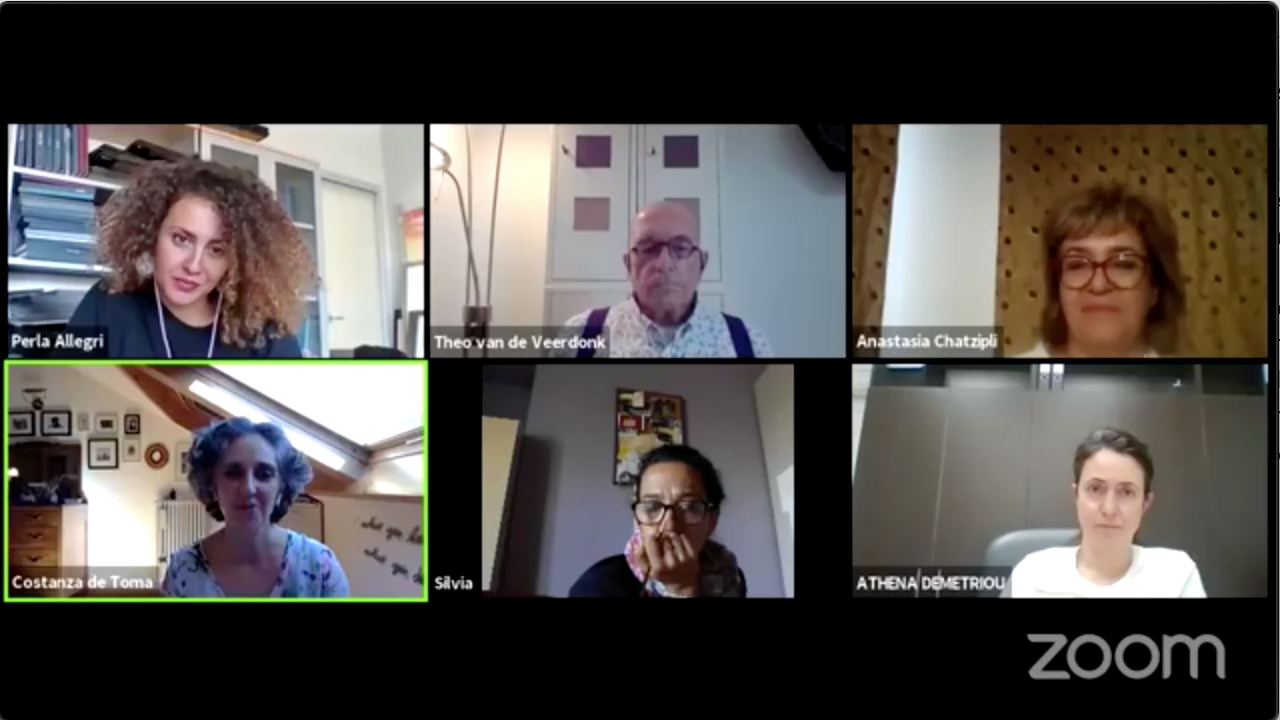
Oct
2020
Upskilling detainees in European prisons: what have we learned from the COVID-19 pandemic and what does the future look like?
CUP organised a live online event to mark the International day for education in prison on 13th October 2020. Experts from CUP member countries shared stories of the impact of COVID-19 on their work inside and outside prisons and reflected on the future of prison upskilling programmes in a post-COVID world. Click HERE to view a recording of the event.
The COVID-19 pandemic hit penitentiary institutions around the world with unexpected force. The virus put a halt to everyday activities in prisons and resulted in unprecedented containment measures. As security was bolstered, penitentiary administrations had to find innovative ways of ensuring detainees were not entirely isolated from the outside world and were not kept idle. In some cases, digital technology helped virtually connect detainees with their families when physical contact was limited and distance learning modalities offered a way to continue educational and training activities in prisons during the emergency. However, significant challenges still remain as regards the full access to rights and services for detainees, especially during the pandemic.
COVID-19 thus helped bring down digital barriers in prisons, opening new and previously unthinkable pathways for upskilling convicts. Yet, as we are experiencing the deepest economic downturn in over 80 years and the world of work has changing beyond recognition, making the case for reintegrating detainees through education and training is now ever more challenging.
The panel included experts from the four CUP partner countries including Italy, Greece, Cyprus and the Netherlands. They shared their stories, experiences and reflections on the impact of COVID-19 on life and education in prisons across Europe. They also outlined their hopes for the future of education in prisons in a post-COVID Europe.
Expert panellists:
- Silvia Pirro, Compagnia di San Paolo Foundation (Italy)
- Alessio Scandurra, European Prison Observatory
- Perla Allegri, Antigone (Italy)
- Anastasia Chaplitzi, Epanodos/Educator in Volos Prison (Greece)
- Athena Dimitriou, Deputy Director of Cyprus Prison (Cyprus)
- Theo van de veerdonk, Tirantes (The Netherlands)
